Five episodes were provided prior to broadcast.
Despite its yearly tendency to swing the cancellation axe with Lizzie Borden-esque abandon, NBC has somehow remained a reliable bastion for quality comedy. The home of Friends, Cheers, Seinfeld, 30 Rock, and the enduring Saturday Night Live, it’s semi-regularly offered viewers the best half-hour sitcoms to be found anywhere on the small screen. That’s no small feat, especially with HBO and Showtime leading a movement of razor-sharp satires (Veep, Episodes) and innovative dramedies (Girls, Shameless) liberated by primetime network restrictions. NBC hasn’t just endured the rise of the premium cable networks; with series like Community and Parks and Recreation that deconstructed then re-invented the sitcom and mockumentary formats, it’s flourished.
In a post-Community, post-Parks world, however, all eyes are back on the network, wondering whether any of its fresh offerings can measure up. After all, for every Community, there are a dozen Crowdeds – part of what’s cemented NBC’s stature as a programming bulwark is its steady stream of series debuts, good and bad.
And yet, in a smart play for the network, execs seem to be getting more selective. The Good Place is the network’s only new comedy this year – and the Peacock Network may be better off for that fact. Clever, kooky, and thoroughly endearing, the series follows in the footsteps of Community and Parks as a bold and often brilliant expansion of several comedy templates at once, immediately pushing the edges of its intriguing premise – a lifelong sinner (Kristen Bell) finds herself in a corporatized version of Heaven due to a technical error and attempts, through learning the art of goodness, to dig her heels in there – so merrily as to suggest its storytelling capabilities could be entirely without limitations.
In its first five episodes, The Good Place wears a lot of hats and, to its immense credit, makes them all look stylish. There’s a tinge of mystery to its premise that at times feels almost like a happy-go-lucky Pushing Daisies, with answers about the nature of the Good Place trickling out over time via cheery guide Michael (Ted Danson), who basically runs the show despite suggestions of much, much higher powers in the background.
The show’s version of Heaven is a pained-smile, brightly colored utopia into which entry is granted based on a numerical system of lifelong accrued brownie points – that setup has vague suggestions of a menacingly inhuman, corporate overlord pulling invisible strings, like some divine riff on Better Off Ted‘s Veridian Dynamics, but to Eleanor Shellstrop (Bell), it sure seems like paradise. As a sleaze who defrauded the elderly for a living, she’s keenly aware it beats where she probably should be: the “other place,” presented through an audio transmission as a chilling potpourri of agonizing screaming, blazing fire, and animalistic roars.
Eleanor’s accidental placement in the Good Place also lets The Good Place function as an inverted Kimmy Schmidt, with Eleanor mirroring the fish-out-of-water shock and awe of that show’s chipper heroine, and the overall tone aiming for a comparable sense of idiosyncratic magic. Thanks largely to its stunningly nimble writing (Michael Schur, Alan Yang, Drew Goddard, and many other incredibly talented individuals with unique visions are behind the series) and impressive leads, The Good Place neatly manages to tap into the same sense of meaningful hilarity that made that Netflix series an Emmy darling.
The show is boosted even higher, though, by its stacked ensemble. Part of the Good Place’s plan for its eternal residents is to pair them all off with their official soulmates, and so Eleanor’s arrival is punctuated by the introduction of Chidi (William Jackson Harper), a professor of ethics and moral philosophy who’s immediately besotted with Eleanor – or, rather, the incorrectly inputted Good Place record of her that tells of her years getting innocent people off death row and flying around the world to help the less fortunate. Needless to say, Chidi is somewhat shocked to learn the truth about his soulmate – but Eleanor, schemer that she is, quickly devises a plan to earn her spot in the utopia by picking his brain about the finer points of virtue.
Also in the Good Place resides Tahani (Jameela Jamil), a deeply irritating but endlessly kind philanthropist who immediately grinds Eleanor’s gears, and her Buddhist monk soulmate Jianyu (Manny Jacinto), who’s taken a vow of silence but still develops into one of the show’s funniest figures.
A few things are consummately excellent about The Good Place, and one of them is the acting. Every star is firing on all cylinders here, particularly Danson, who hasn’t had a role this plainly fun in years, and Bell, who evokes sympathy and scorn in equal measure as a not particularly ethical human being who still feels shocked to have narrowly avoided eternal damnation. “I deserve a Medium place!” she steams at one point. It’s great fun to watch these comedically gifted thesps bounce off one another, and The Good Place‘s writers are smart enough not just to establish intriguing dynamics between all of them but to deepen and convolute those dynamics as the season progresses.
If there are nits to be picked about what is in my book the best new comedy of the fall season (Atlanta, which is more of a drama with comic elements, excluded), it’s worth noting that The Good Place seems set up for failure. Though endlessly inventive and consistently funny at this early stage, the series is flying by the seat of its pants, ending episodes on unexpected cliffhangers and distributing fresh information about its setting at an ostensibly unsustainable rate. If it’s able to maintain its sprightly attitude and enthusiastic momentum, however, NBC could be looking at a new golden goose. In terms of narrative ingenuity, comedic vigor, dramatic potential, and sheer entertainment value, The Good Place is a total godsend.


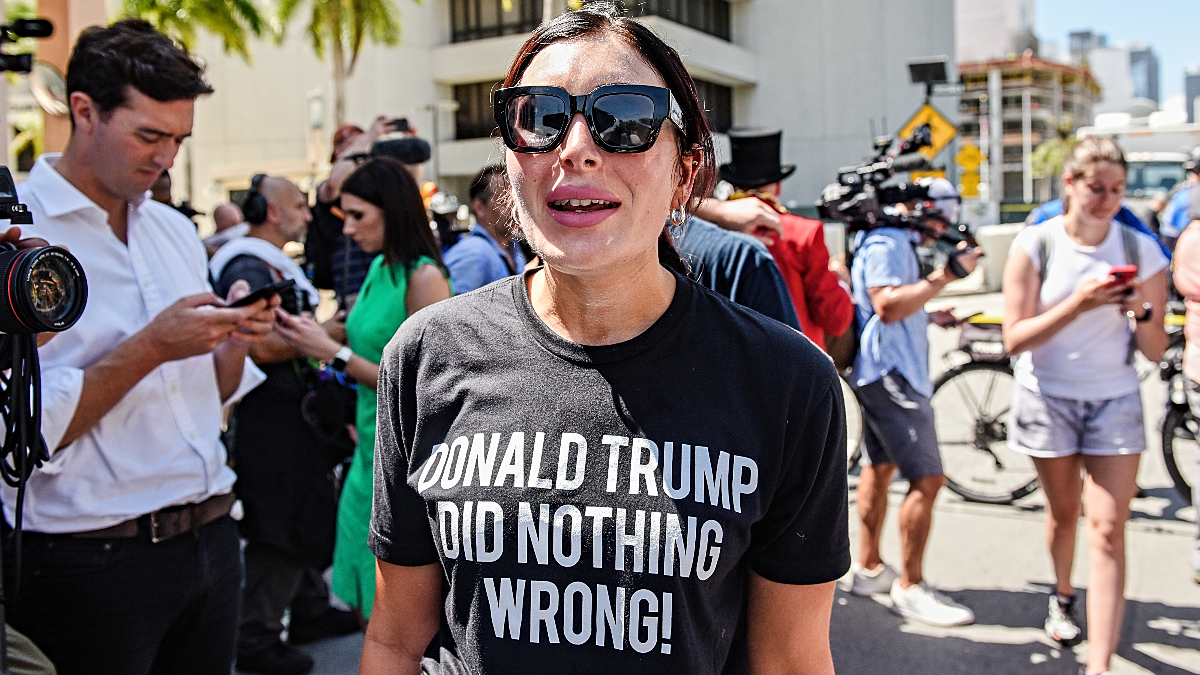
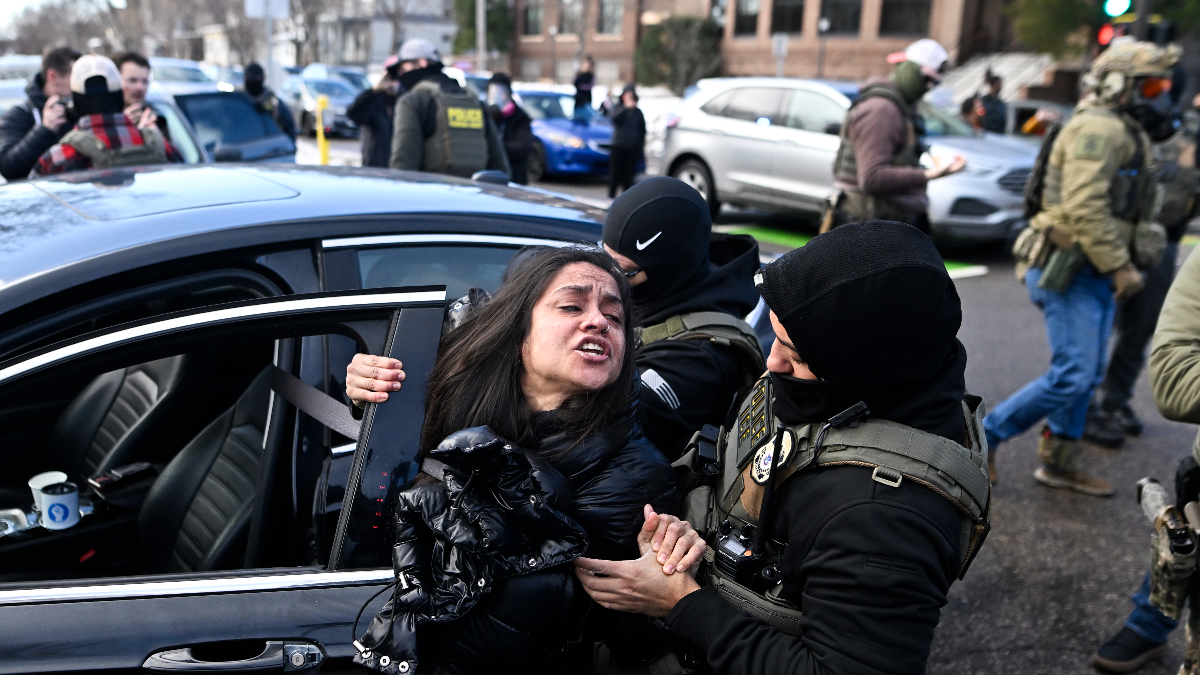
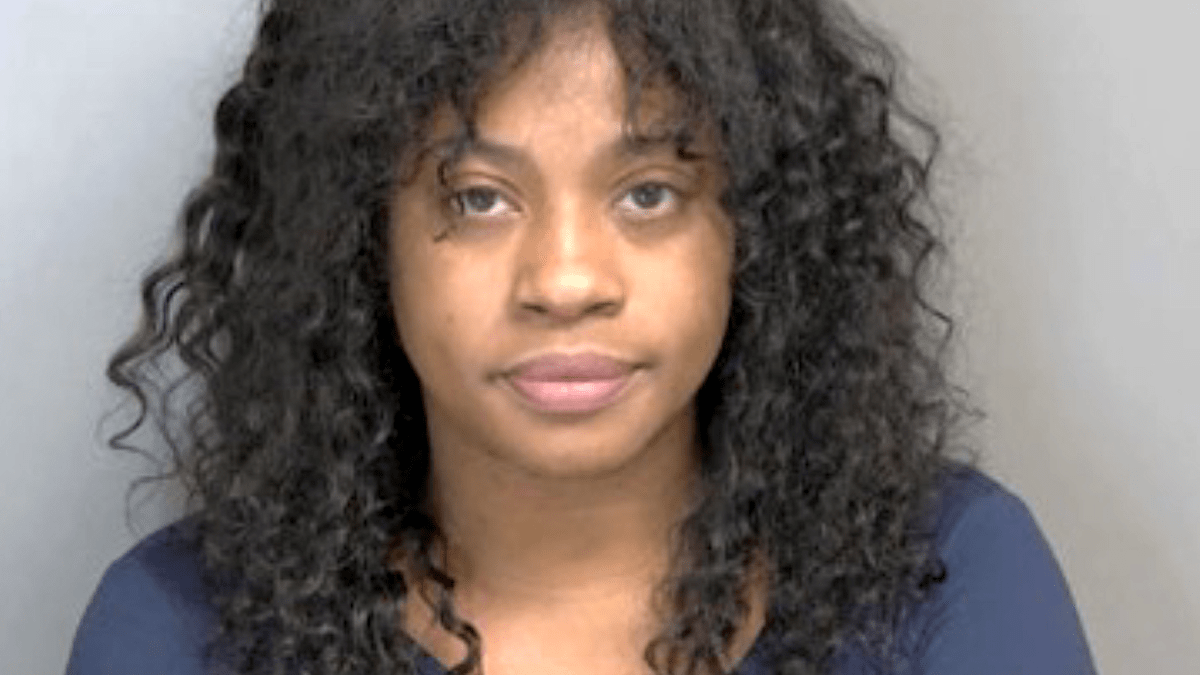
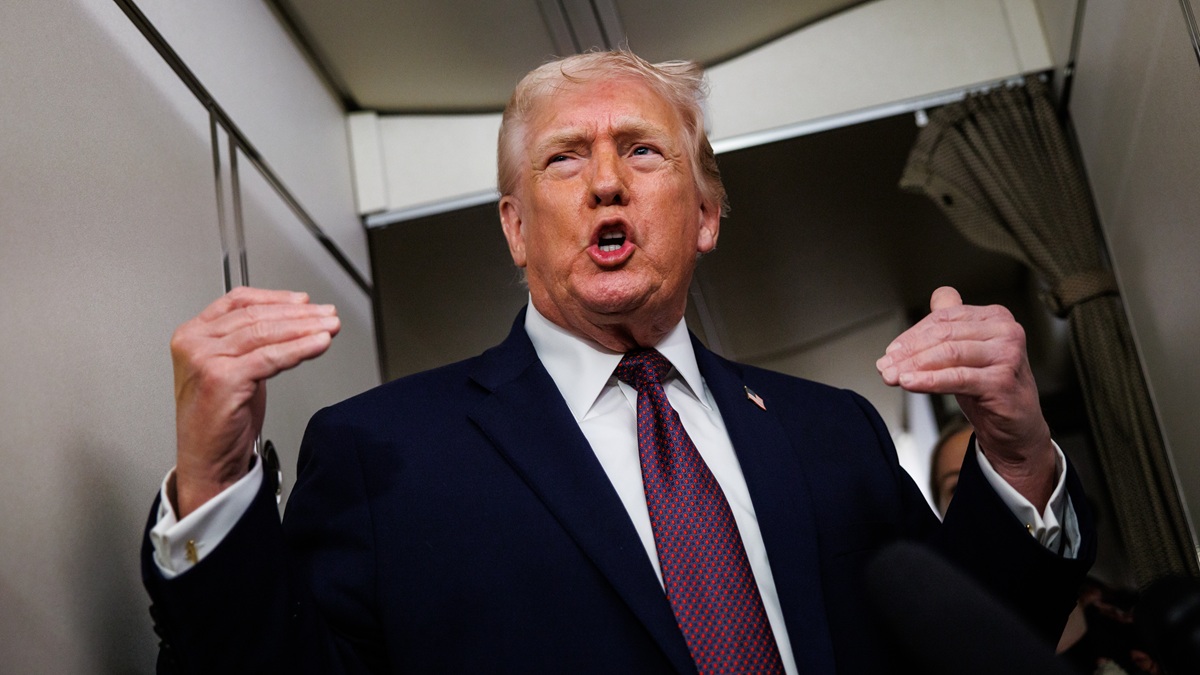
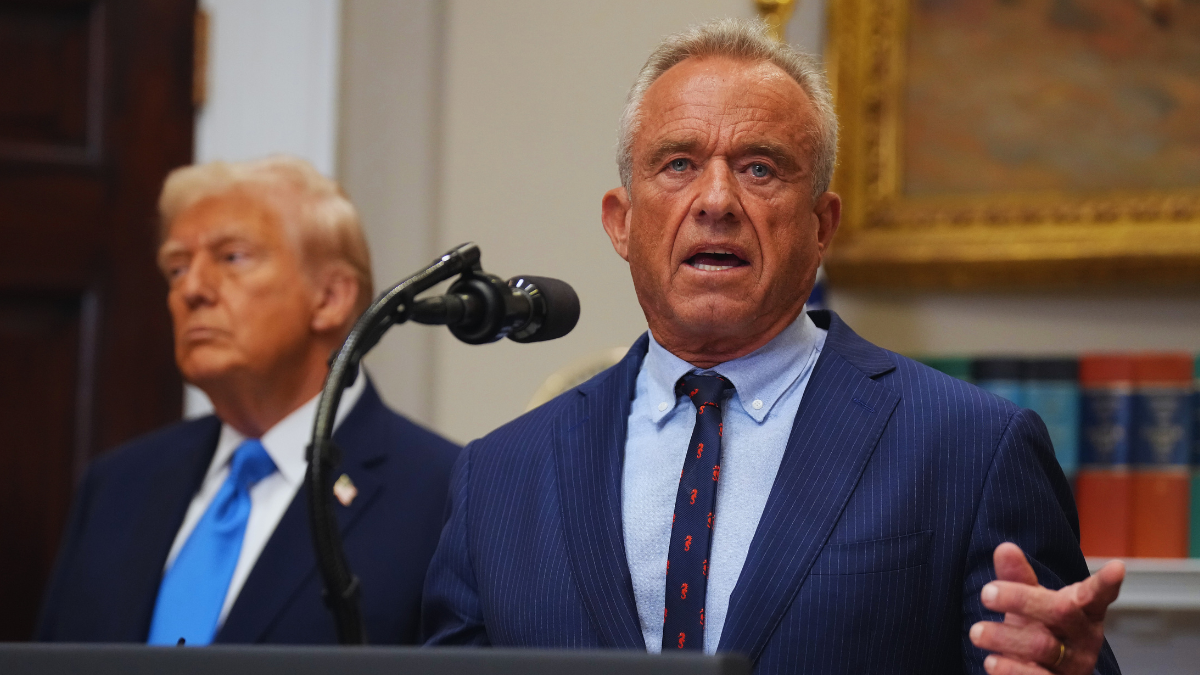
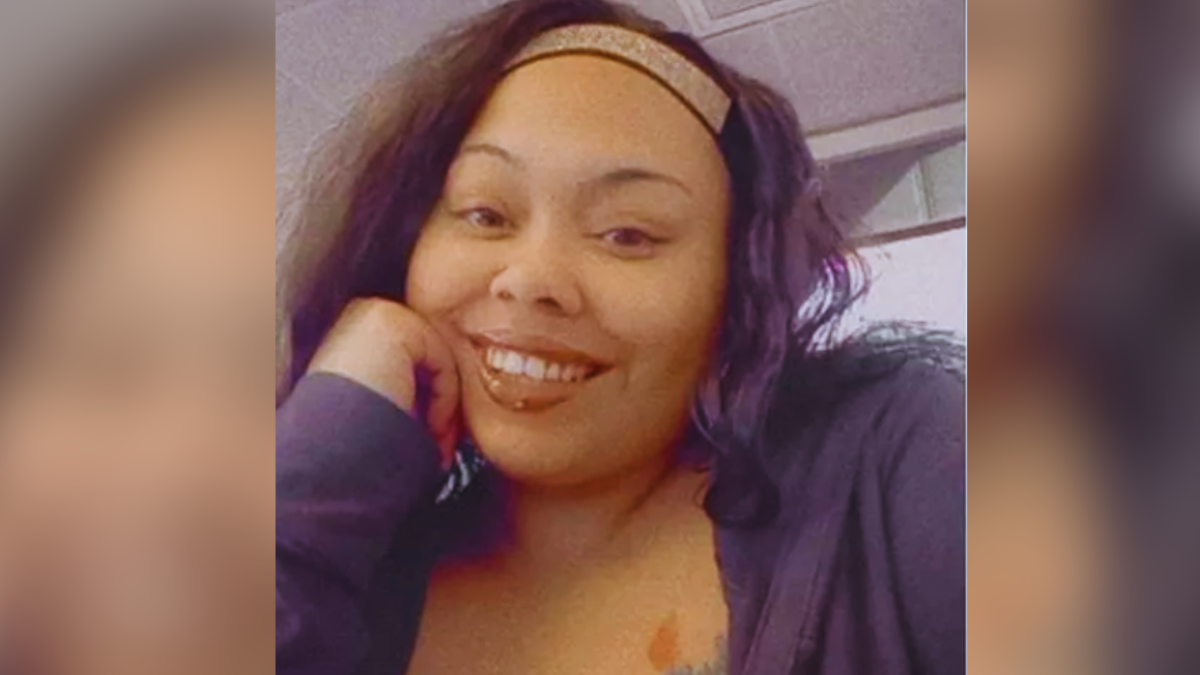
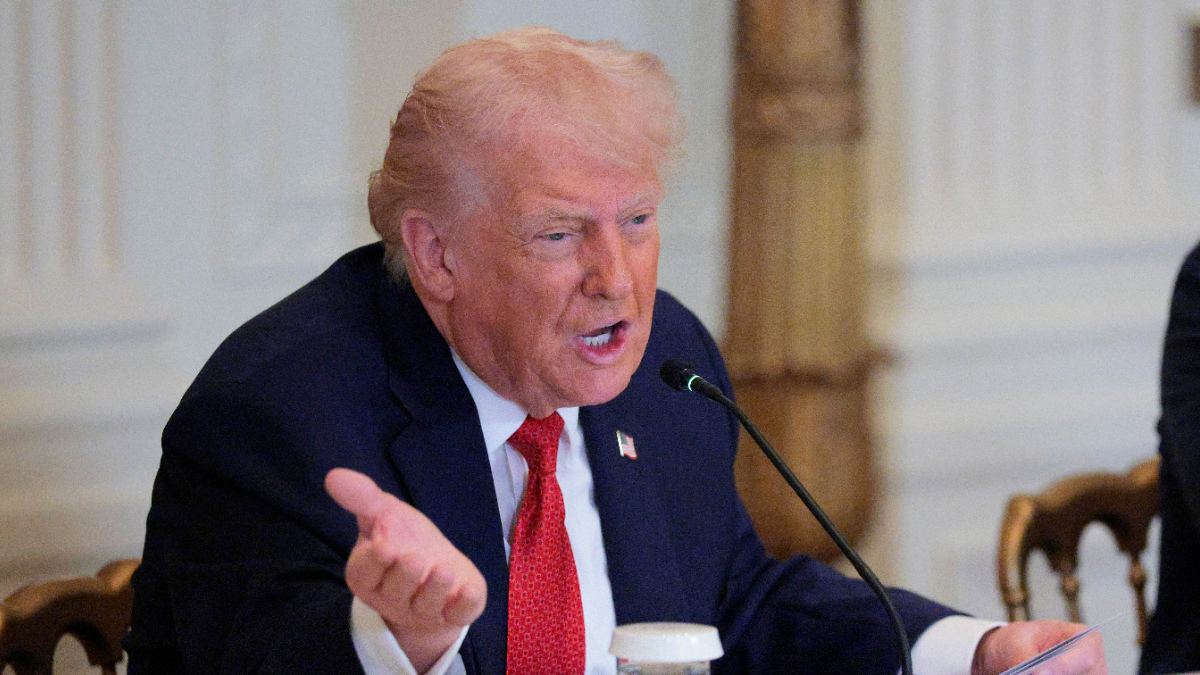

Published: Sep 18, 2016 11:00 am